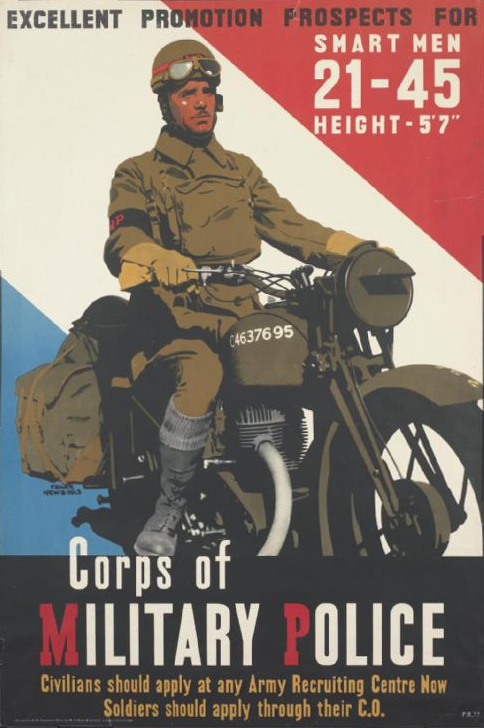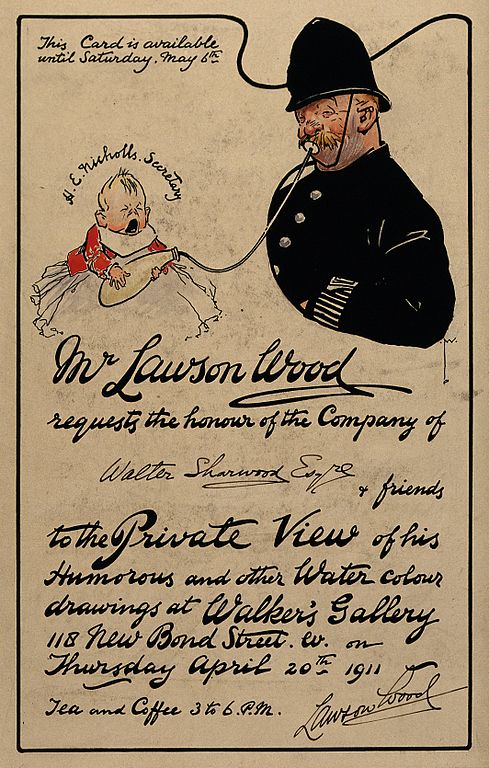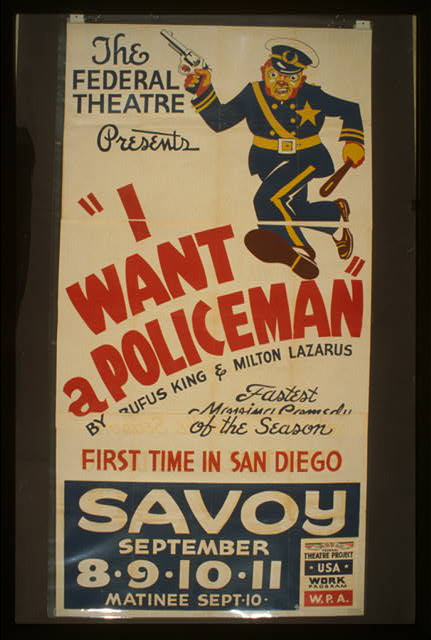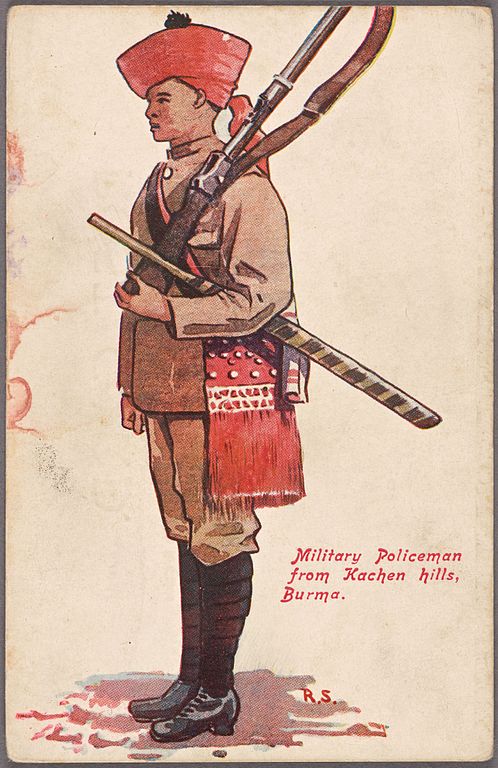
On December 4, an international conference, Good Policing and Police Reform in Thai and International Perspectives, was held at the Faculty of Law, Thammasat University. The conference was presented by the German-Southeast Asian Center of Excellence for Public Policy and Good Governance (CPG) in association with the Faculty of Political Science and Law, Burapha University and the Hanns Seidel Foundation.
The conference opened with welcoming words from Ajarn Henning Glaser, director of the CPG, who pointed out that internationally, the police are always related to the power structure of society. He added that the most important aspect is that we are able to discuss the subject of police reform.
Next Dr. Karl-Peter Schönfisch, director of the Laos/Thailand Office of the Hanns Seidel Foundation, an organization working to strengthen international cooperation, explained:
The Hanns Seidel Foundation has a long cooperation of almost four years with the Royal Thai Police, working with them on many issues of reform. Our partner, the Bavarian Police Force [Germany] is very happy with the progress we have achieved in our cooperation. The Bavarian Police has learned that it is not a one-way process to reform police. German policemen learn a lot from Royal Thai Police officers, from their experiences when we are doing this cooperation.
Among the many distinguished speakers at the conference was Professor Jon Quah, a consultant on anti-corruption strategies and civil service reform in Asian countries. Professor Quah spoke on Combating Police Corruption in Singapore: Lessons for Thailand. A decade ago, Professor Quah retired as professor of political science at the National University of Singapore and he is devoting his time to research on corruption, governance, and public personnel management in Asian countries, as well as administrative reform and public policy in Singapore. He first began to research corruption in Singapore in 1977 and since then has expanded his interests to providing anti-corruption strategies for Thailand, Indonesia, Japan, Malaysia, Philippines, South Korea, Taiwan, and many other Asian countries. The Thammasat University Libraries own a number of the books that he has written and edited, including Curbing Corruption in Asia: An Impossible Dream?; In Search of Singapore’s National Values; and The Role of the Public Bureaucracy in Policy Implementation in Five ASEAN Countries.
Professor Quah’s presentation began with a quote from Frank Serpico, a former American New York City Police Department (NYPD) officer whose reports of police corruption in the late 1960s and early 1970s inspired the Knapp Commission to investigate the NYPD. The TU Libraries own a book about Frank Serpico by the journalist Peter Maas which inspired a celebrated film (1973) starring the actor Al Pacino. Professor Quah quoted Detective Serpico:
A policeman’s first obligation is to be responsible to the needs of the community he serves. … The problem is that the atmosphere does not yet exist in which an honest police officer can act without fear of ridicule or reprisal from fellow officers. We create an atmosphere in which the honest officer fears the dishonest officer, and not the other way around.

As Professor Quah pointed out, unfortunately, around the world there are many countries where honest officers are intimidated. He cited the criminologists Julian Roebuck and Thomas Barker, who defined police corruption in Crime Prevention and Social Control as
any type of proscribed behaviour engaged in by a law enforcement officer who receives or expects to receive, by virtue of his official position, an actual or potential unauthorised material reward or gain.
Professor Quah’s approach to studying the issue of police corruption in Singapore was to examine local newspapers for reported cases of corruption. Low salaries for police forces are a significant issue across Asia and other parts of the world. As Professor Nikos Passas, who teaches criminology and criminal justice at Northeastern University, USA, stated in a lecture in 2015,
You cannot fight corruption on an empty stomach. You cannot fight corruption when salaries are below real living standards.
Professor Quah added:
With salaries so low, how can you expect police officers to be honest?
Years ago in colonial Singapore, anti-corruption measures did not work, because the police were corrupt, but they were put in charge of fighting corruption. The British government realized this approach was a mistake after the Opium Hijacking scandal of 1951, when a group of thieves, including three Singapore police detectives, hijacked a large shipment of opium. Thereafter, anti-corruption investigations were conducted by an independent branch. As Professor Quah noted:
This incident was pathbreaking. It made the government realize that you cannot have the police responsible for investigating themselves… In Singapore today, the agencies fighting corruption are not police agencies.
A first step was to realize the police salaries had to be improved:
In the 1960s, we could not afford to raise police salaries. Later we could. Without improving police salaries, nothing was possible…So in Singapore, the police have no excuse to be corrupt. If you are corrupt, we catch you. There is no reason to be corrupt.

Learning values
In Singapore, a project was begun to teach values to police officers. In 1999, 40 hours of instruction became required in code of conduct, police regulations, and government instruction manuals. An annual ethics seminar started to be held in 2002. A Guide to Ethical Decisions, a values handbook, was published to provide general rules of conduct for officers, listing the principles of ethos, the law, honour, conflict of interest, consequence, and scrutiny. Further administrative measures were introduced, including a policy to rotate officers in sensitive posts such as investigators, anti-vice and gambling suppression, and traffic enforcement. Every three or four years, these officers would change departments to reduce opportunities for corruption. As a result, Professor Quah observed, reported cases of corruption today in Singapore are low. They exist, but they are few.
He concluded by citing A World of Three Zeros: The New Economics of Zero Poverty, Zero Unemployment, and Zero Carbon Emissions by Muhammad Yunus, an economist from Bangladesh who received a Nobel Prize for his work fighting poverty. The TU Libraries own a number of circulating copies of the works of Muhammad Yunus, shelved at the Pridi Banomyong Library and the Professor Direck Jayanama Library, Faculty of Political Science, Tha Prachan campus. In A World of Three Zeros, Professor Yunus wrote:
Corruption is the killer disease of good governance. … Once a culture of corruption has taken hold, it tends to spread to every level of society.
Professor Quah concluded:
Hence, all of us must do our best to minimise not only police corruption but all forms of corruption in our countries because the price for not doing so will be too high for us to pay.

(All images courtesy of Wikimedia Commons)
